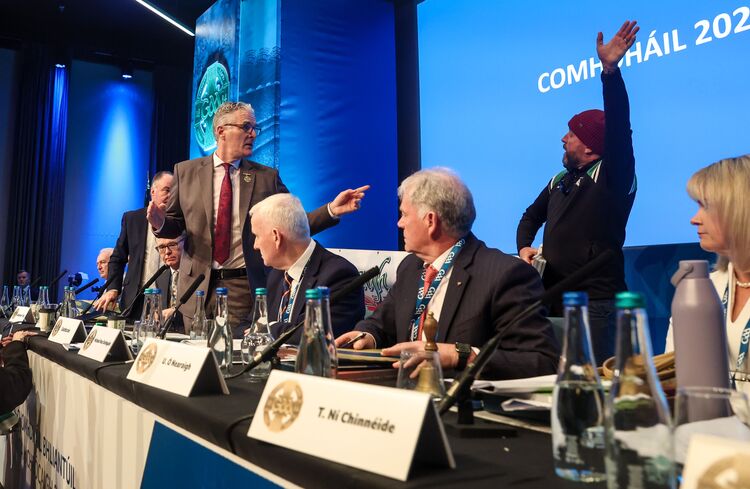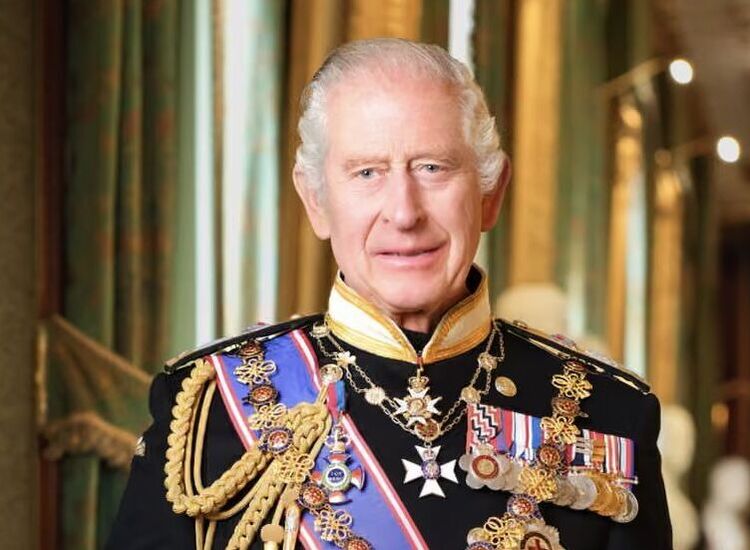The internet message board is the 21st century version of the Enlightenment salon, a place where people informally exchange ideas, opinions and, yes, on occasion, even scandalous gossip. They add massively to our lives, allowing us to communicate with people thousands of miles away with whom we share a passion for a club or a sport or a county. For those of us unable to walk into a bar to spend an hour with like minds discussing whether the Cork hurlers are going anywhere soon, message boards provide us with an opportunity to have these debates virtually. Not the same thing but not a bad substitute either.
Of course, that's only one view. The internet message board is also the 21st century version of those people who used to take out green biros to write long, libelous letters to newspapers about celebrities and sports people. It provides a forum and an outlet for every lunatic crank with basic literacy. The type of person who'd be shouted down in a local pub for being ridiculous can, once he has access to a computer and a modem, spread his scurrilous lies and bonkers opinions for all the world to see. It is a place that fosters the pursuit of vendettas, the pushing of agendas, and the destruction of reputations.
So which of the above opinions holds truest? I'd argue that the truth is somewhere in between because message boards are all of the above. They are fascinating and depressing, titillating and bitchy, hugely informative and just plain boring. See what I mean. It depends on the day, it depends on the hour and it depends on the story.
"You get a lot of criticism," said Down's John Clarke when announcing his decision to retire from inter-county football the other week. "You don't mind people criticizing you to your face, but you have critics who sit behind computer screens and are on discussion boards, which is cowardly. Players and managers alike take a lot of abuse on those things. That's not the reason why I'm retiring - there is criticism and there's criticism."
Clarke is, by general agreement, the first Irish athlete to cite cyber terrorism as one of the reasons behind his decision to retire prematurely from the game he loves. His announcement caused a little bit of hysteria, something very common whenever the internet is part of any discussion. As an exile, I unashamedly love trolling through message boards like Rebelgaa and People's Republic of Cork (and have been denounced on such sites as a known lurker!). Where else are we to get gossip/informed speculation/plain lies on who's going well in the Cork county championship in both codes? The problem is all of this harmless sports chat occasionally comes freighted with hints of scandal because we all love a bit of that too. Even if we say we don't.
Back in the day, there used to be a standard response around Cork when somebody who went to play professional soccer in England came back home without making it big. Any questions about what happened to the latest sure thing to fail to turn an apprenticeship into mega-stardom would be met with the same answer that greeted all his predecessors who had made the return trip. "He was too fond of the drink and the women." It wouldn't matter if the boy were a teetotaler who never looked at a girl. That was the standard issue reason trotted out. The accepted wisdom.
The problem with the message boards today is the children of the men who used to pontificate about (insert name of any soccer player over the past 50 years here) being too fond of the drink and women now have keyboards in their hands. These are weapons of mass destruction. It takes just seconds to fire off allegations and insinuations and even if the moderators of sites are vigilant, plenty of mean-spirited back-biting gets through the filter. And this goes far beyond reading a newspaper match report where a journalist highlights a player's mistake that led to a goal or whatever.
The anonymous nature of the message-board medium means people are bolder and braver than they normally would be when giving their views person to person. This leads them to overstep traditional boundaries. Journalists are restricted by the language norms of the newspaper and the libel laws of the land. Online, these types of rules do not always apply so a player who has a bad game can find himself falsely accused of being too distracted by making money off the field (a common charge against GAA stars) or some other such nonsense.
On the internet, the biggest issue is that a hurler or footballer can never, ever just have had a stinker. Not when there are conspiracies and half-truths to peddle. Which is more fun to read about? The sober account in Monday's newspaper which offers a full report about how exactly your county was out-classed by a fitter, better-trained outfit on the day. Or the salacious and breathless rumors about the fistfights at training, the quarrelling in the camp, and the jealous rivalries between star players that have torn the squad apart.
It's sad to see the likes of John Clarke go and his departure is a loss to Down but this is something players are going to have to get used to. It's not going anywhere. This type of arena is growing rather than shrinking, and telling young players not to bother going on the internet is like telling them not to bother putting shoes on their feet. They spend their lives online. They tweet, they Facebook, they Google themselves. Any hurler or footballer in their twenties is part of a generation for whom social media is as vital a part of their life as television was to their predecessors. Indeed, much as it kills us to say it, it would be much easier to tell players not to read newspapers because so few young people do these days.













